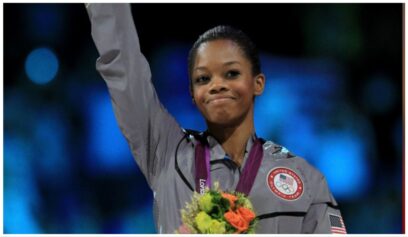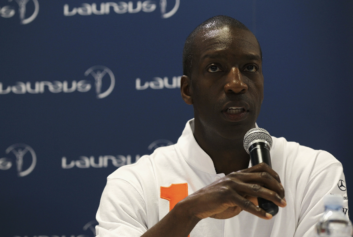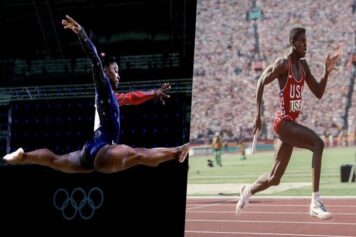Not one, not two, not three, not four….No we are not talking about LeBron and his championship predictions for the Miami Heat. We're talking boxing, and on the night of July 31, 1976 in Motreal, Canada a “Dream Team” emerged. Not Michael, Magic and Larry, but rather Ray, Leon, and Howard. The 1976 U.S. Olympic boxing team is considered by many to be the greatest fight squad in the history of the Summer Games. The team would not only win five gold medals, a silver and a bronze, it would also produce five future world champions, including three heavyweight champs and two Hall of Famers.
If you are a real boxing fan and know the history of Olympic sport, you may very well question if this team is truly the greatest. Just eight years after the historic performance, the 1984 U.S. squad put up together an even more dazzling display in regards to its medal count. That group won nine gold medals, a silver and a bronze. Six of those men went on to become world champions and one, Pernell Whitaker, was inducted into the International Boxing Hall of Fame. However Whitaker will not be the lone member for long as teammates Evander Holyfield and former light heavyweight and cruiserweight champion Virgil Hill seem to be headed for the honorable distinction as well.
Should the 1984 team reach three Hall of Fame members, it will upstage the 1976 team by one, giving the appearance that it is a no-brainer who had the better squad right? Wrong. To start from the top, the best fighter out of them all is without questions Sugar Ray Leonard. Ray parlayed his Olympic success into a very lucrative professional career and is regarded as one of the greatest fighters on all-time; however, it is his opinion that it is impossible to choose one team over the other.
"You look at our team and up and down the lineup, we had guys who could fight," he said. "Without really thinking about it a lot, I'd say our team was (the best). But when you hear the names of the guys who fought on that '84 team, whew, I'll tell you, it's hard to pick. I'm not really sure, honestly."
This may be Ray’s opinion, but there is one key factor that needs to be taken into consideration when making the comparison. Sure the 1984 team captured more medals, but the 1976 squad took down opponents from Cuba and the Eastern Bloc, both of whom boycotted the 1984 games. It is a fact that simply cannot be ignored considering the history and success of these nations in the sport of amateur boxing.
With regards to professional success, the ’84 team has a slight edge. Leonard has the marquee wins and team member Michael Spinks, who is regarded as one of the greatest light heavyweight champions, would certainly make the argument, but the likes of Meldrick Taylor, Mark Breland, Frank Tate, Virgil Hill, Evander Holyfield and Purnell Whitaker seem to justify for the latter.
In terms of star power and impact, the edge swings to 1976 as no other fighter carried “rock star-like" presence with his personality and youthful look than Sugar Ray. The Spinks brothers were also huge stars in their own right. With Michael Spinks upsetting Larry Holmes to win the heavyweight championship in 1985, and brother Leon upsetting Muhammad Ali to win the title in just his eight professional fight, the legend was established. The impact that was made by U.S. boxing team prior to ’76 was decent at best considering they had only won four gold medals and produced just two stars in the three preceding Olympiads. Joe Frazier (1964) and George Foreman (1968) are as big as they come, but during that span the Soviet Union and Cuba were considered the nations of power.
One could still make a case for either of the two, but the tougher competition of 1976 is what tips the scale. And one must also take into consideration that getting an Olympic birth was just as difficult. Just take Howard Davis who was voted Outstanding Boxer in the ’76 Games. He had to defeat future Hall of Famer Aaron Pryor in the Trials after having beaten Thomas Hearns in the National AAU Championships. Simply put, 1976 is the greatest boxing team in Olympic history. #RESPECT



